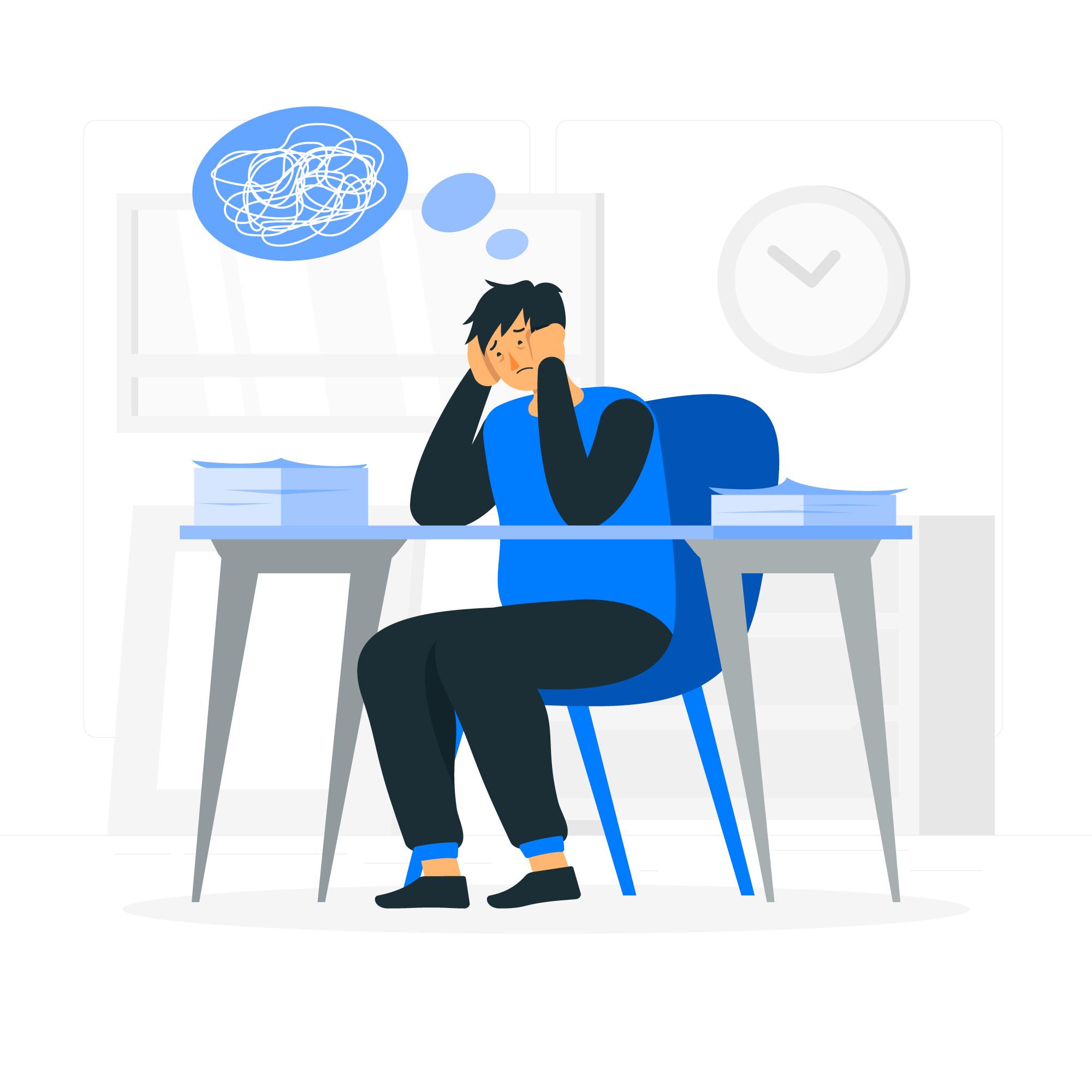Intrusive Thoughts
Overview
Intrusive thoughts are involuntary, unwanted thoughts, images, or ideas that can cause significant distress. While they are a common human experience, their persistence and intensity can interfere with daily functioning. In the Indian context, cultural factors and limited mental health awareness may influence the recognition and management of these thoughts.
Key Facts
- Prevalence: Comprehensive data on the prevalence of intrusive thoughts in India is limited. However, a study among medical students in Tamil Nadu reported that 34.7% exhibited symptoms of Obsessive-Compulsive Disorder (OCD), which often includes intrusive thoughts.
- Association with OCD: Intrusive thoughts are a hallmark of OCD, characterized by unwanted, repetitive thoughts and compulsive behaviours. The National Mental Health Survey (2015-16) indicated that approximately 0.6% of Indians suffer from OCD, though newer data suggest prevalence rates between 2% and 3.3%.
Symptoms and Patterns
Intrusive thoughts can manifest in various forms, including:
- Aggressive Thoughts: Unwanted thoughts of causing harm to oneself or others.
- Sexual Thoughts: Disturbing sexual images or ideas that are inconsistent with one’s values.
- Contamination Fears: Obsessive concerns about germs, dirt, or illness.
Individuals may engage in compulsive behaviours, such as repetitive checking or cleaning, to alleviate the distress caused by these thoughts.
Risk and Protective Factors
Risk Factors:
- Stress: High levels of stress can exacerbate the frequency and intensity of intrusive thoughts.
- Trauma: Past traumatic experiences may trigger persistent intrusive thoughts.
- Perfectionism: Individuals with perfectionistic tendencies may be more prone to distress from intrusive thoughts.
Protective Factors:
- Social Support: Strong relationships with family and friends can provide emotional support and reduce distress.
- Mindfulness Practices: Engaging in mindfulness and meditation can help individuals manage and reduce the impact of intrusive thoughts.
Treatment and Care
Addressing intrusive thoughts often involves a combination of therapeutic approaches:
- Cognitive-Behavioural Therapy (CBT): This therapy helps individuals identify and challenge distorted thought patterns, reducing the distress associated with intrusive thoughts.
- Medication: Selective Serotonin Reuptake Inhibitors (SSRIs) are commonly prescribed to manage symptoms of OCD and related conditions.
Psychological and Psychosocial Interventions
- Exposure and Response Prevention (ERP): A form of CBT that involves gradual exposure to feared thoughts or situations while preventing the associated compulsive response.
- Psychoeducation: Educating individuals and their families about intrusive thoughts and related disorders can reduce stigma and promote understanding.
Conclusion
Intrusive thoughts are a significant psychological concern that can impact an individual’s quality of life. In India, limited awareness and cultural factors may affect the recognition and treatment of these thoughts. Enhancing mental health literacy, reducing stigma, and providing access to effective therapeutic interventions are crucial steps toward supporting those affected.


